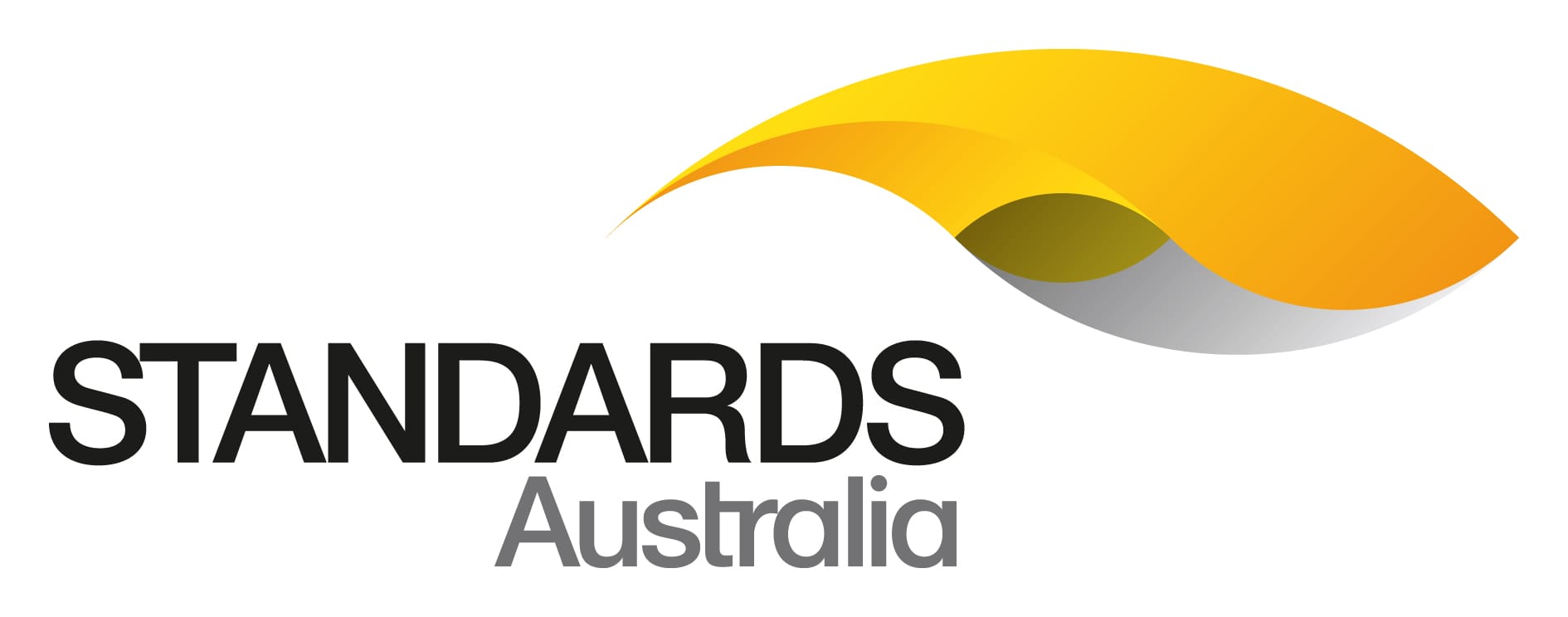If you're wondering, "Can I access the Australian Standards to learn more about proper construction methods applicable to my new home build?" the answer is NO, NO, YOU CAN'T. Lower those optimistic eyebrows and read on to learn why.
The free access to Australian standards, previously available in public libraries across Australia, came to an end in 2018.
This change has far-reaching implications for a wide range of industries and everyday Australians, and raises questions about the accessibility of critical information and the balance between corporate interests and public good.
What Are Australian Standards?
Australian standards cover a broad range of guidelines and regulations, shaping everything from food handling to safety in the home building industry. These standards are essential for ensuring the safety, reliability, and consistency of services and products. They are developed by Standards Australia, the nation's peak non-government, not-for-profit standards organisation.
The Breakdown of Accessibility
Up until 2018, anyone could access these standards for free, either in hard copy or online, through national and state libraries. This accessibility was crucial, especially for small businesses and individuals who relied on these standards for compliance and safety but may not have the resources to afford costly subscriptions.
However, this all changed following the breakdown of negotiations between National and State Libraries Australasia (NSLA) and SAI Global, the commercial publishing outlet with exclusive rights to the sale, marketing, and distribution of these standards. The NSLA and SAI Global's failure to reach an agreement means that public access to these standards will now come at a significant cost, ranging from $100 to over $500 per standard.
The Impact of Restricted Access
The implications of this change are profound:
- Increased Costs for Small Businesses and Consumers: For small businesses, which often operate on tight margins, this new cost barrier to accessing Australian standards could be prohibitive. It's unrealistic to expect these businesses to pay hefty fees for multiple standards which may apply to their operations.
- Safety and Compliance Concerns: Free access to these standards has been critical in ensuring that businesses and individuals can easily comply with safety regulations. Restricting access could potentially lead to increased risks and non-compliance issues.
- Public Interest vs Corporate Interests: The situation raises questions about the role of public interest in the dissemination of crucial regulatory information. Standards, much like legislation, are integral to public safety and should arguably be freely accessible.
The Way Forward
Looking at solutions, one possibility is to follow New Zealand's example, where the government took back the distribution of standards, committing to maintain public access. This approach acknowledges the importance of these standards being readily available to the public.
Another aspect to consider is the role of digital technology in democratising access to information.
Could a more modern, digital-first approach to the distribution of these standards help bridge the gap between cost recovery for publishers and public accessibility?
Conclusion
The situation with Australian standards at public libraries is a microcosm of a larger debate about access to information, public good, and the role of private enterprises in disseminating critical regulatory data. As the NSLA looks for alternative publishing arrangements, the hope is for a resolution that prioritises public access and harnesses the power of digital technology for broader dissemination.
What Can You Do About This?
Take Action! Lobby your local councillor and inform them about the problems with this situation. It's primarily driven by greed. Standards are now fully digitised, and the additional cost for access is minimal. There needs to be an agreement in place where Standards are compensated for the expenses involved in making them public again, without exploiting public funds. We all recognise the issues in the construction industry, particularly in terms of quality control and management. The only way to address this is for consumers to understand what constitutes "normal" construction, using Standards as a reference point to hold subpar workmanship accountable.
HASHTAGS:
AustralianStandards, #PublicLibraries, #InformationAccess, #ConsumerRights, #SafetyRegulations, #SmallBusinessSupport, #DigitalDemocracy, #RegulatoryCompliance, #CorporateResponsibility, #PublicInterest







